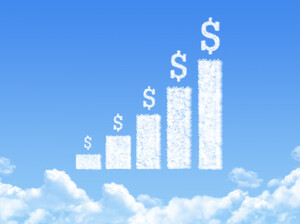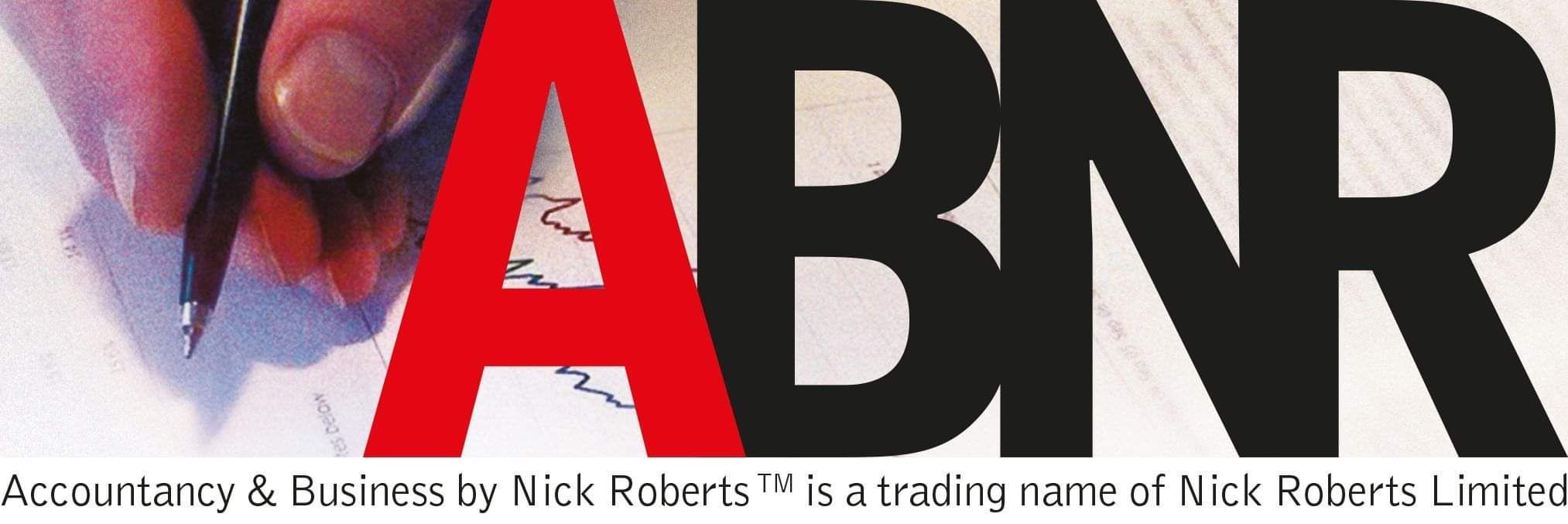Fashion and clever advertising has a huge influence on our lives, especially where technology is involved. Sometimes this can be positive but often it’s bad for us e.g. you see folks out and about who don’t look like they have two pennies to rub together with the latest expensive smartphones or 60” surround-sound TV’s in houses that are unbelievably tatty. So is cloud accounting a fashion or is it here to stay?
There’s no denying there’s loads of good stuff about cloud accounting:
Back-ups. For those who can’t get into the routine of backing-up cloud accounting can save some pain and cost, and to be fair, sometimes the back-ups are not backing up or they fail, which is why it’s wise to have two systems to back-up as well as testing the back-up’s regularly. Assuming, of course, terrorists or hackers don’t get to your data in the cloud or the underground server room floods!
Software Updates. You’re always on the latest version and there’s no dilemma about whether to spend the money to upgrade to the latest version which in actuality, is probably not a lot different to the existing.
Access. With some (but not all) cloud accounting software you can access your data from any computer with an internet connection, or on mobile phones or tablets if you have sharp eyes.
Only One Data File. With cloud accounting there’s only one live data file which means there’s no chance of entering data on the wrong file or getting confused as to which file is the live one. A client the other day had 4 data files on her desktop – talk about the potential for a stuff-up!
Security. They say that cloud accounting software has much better security than desktop software. Hmmm………..not sure that’s very relevant to small businesses but maybe for bigger ones?
Sharing Data. The best thing about cloud accounting is that you share your data with others from a distance, whether it’s your business partner, your accountant or your business coach. Prior to cloud accounting sharing data meant getting in the car to collect a back-up, or emailing a file to another or via Dropbox all of which take time or can cause confusion.
So are there any downsides to cloud accounting?
For smaller businesses the ongoing monthly fees can be a disincentive. If you’re paying $50 a month over 10 years this is $6,000, a huge amount more than the few hundred dollars you used to spend on desktop software. Some of my clients are still using 10 year old accounting software which cost them $250!
Although internet speeds and coverage is improving it can still be frustratingly slower to enter data or run reports using cloud software, especially if the software itself is launched prematurely and is just too slow!
Third-Party Software. The ability to integrate with third-party software is often quoted as an advantage of cloud accounting software but to me, it’s often just a nuisance because there’s more cost and hassle and often, they just don’t work together. Why on earth would you want to pay for two different software brands if you could get everything in one?
Whose Data is it? There’s been various stories floating about the internet about the difficulties business owners found when they fell out with their accountants (who for some odd reason owned their data!) or when they stopped paying the monthly fees and found they could no longer access their data. Neither of these issues would occur with desktop software.
So do some research and ask around before you take the plunge and commit to a particular brand of accounting software. Get advice too from an honest accountant, not one who’s been bribed by a cloud accounting provider!


